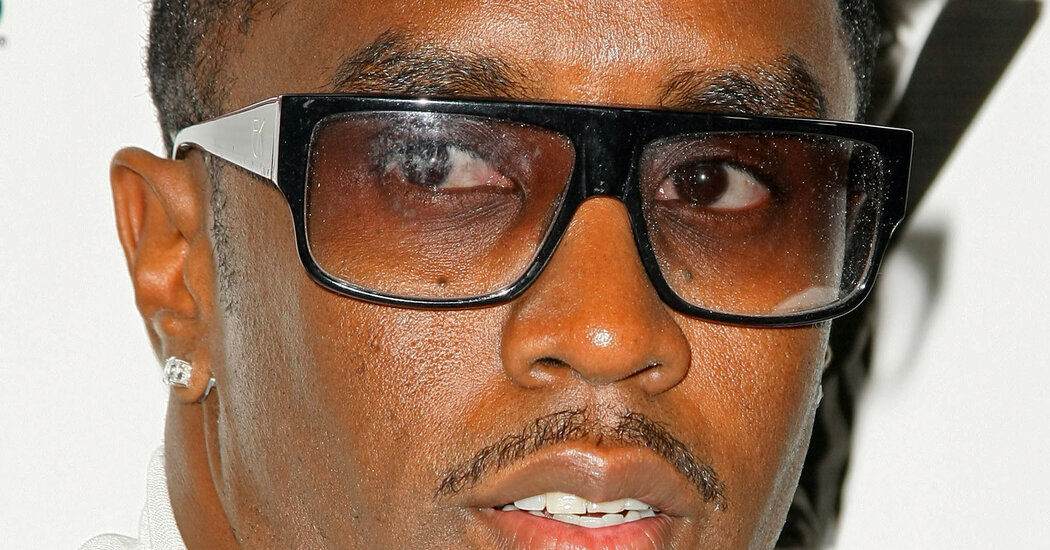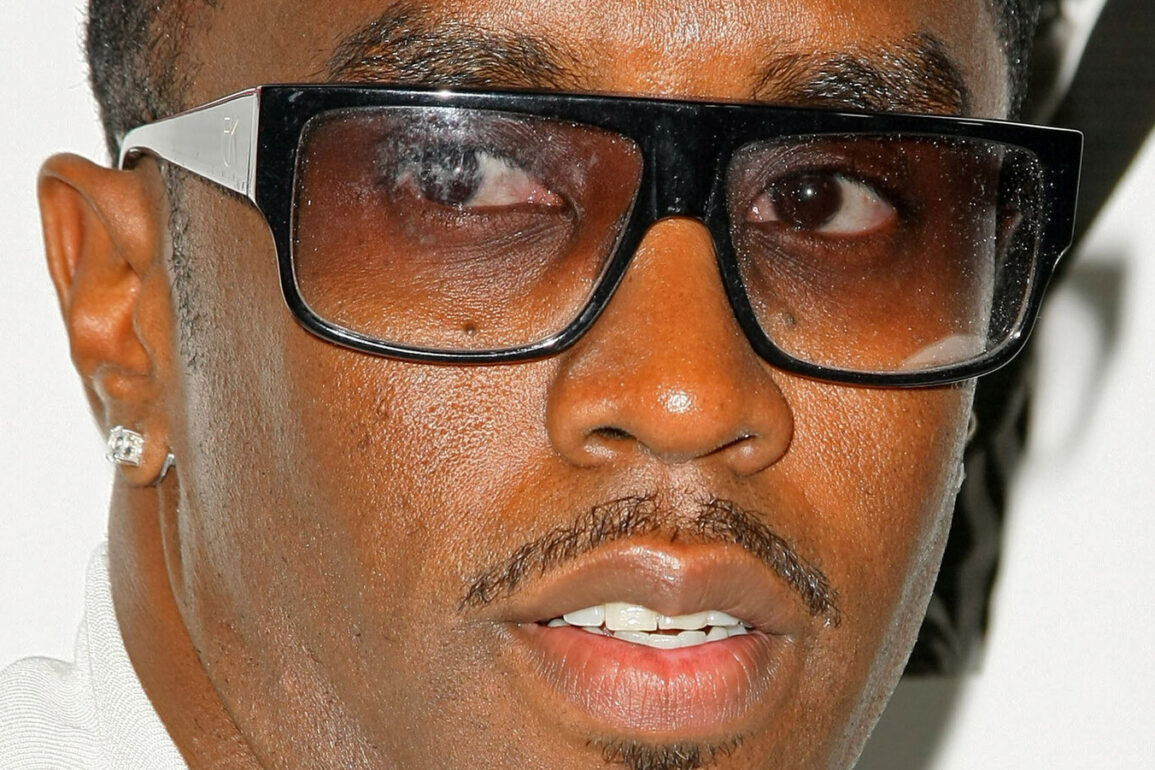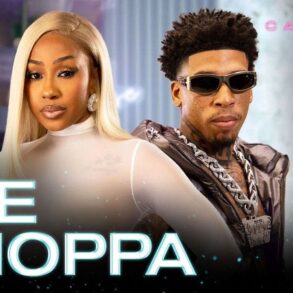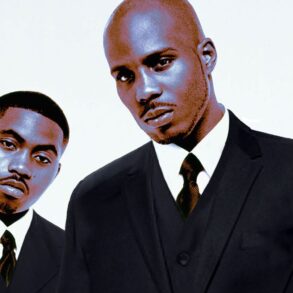
Activists and survivors are hopeful for change after the industry, which has a pervasive party culture, largely avoided the accountability that swept Hollywood and politics.
The arrest of Sean Combs last week, on charges including sex trafficking and racketeering conspiracy, represents a stunning reversal of fortune for the hip-hop impresario, who as recently as a year ago was feted as an industry visionary before a sudden series of sexual assault accusations.
The indictment against Mr. Combs accuses him of running a criminal enterprise centered on abusing women, and of using bribery, arson, kidnapping and threats of violence to intimidate and silence victims. He has denied the allegations and pleaded not guilty to the charges.
But Mr. Combs’s arrest has also stirred the hopes of activists and survivors of sexual violence that his case may finally lead to lasting change in the music industry. Though long seen as inhospitable to women, the business has largely avoided the scrutiny and accountability that swept Hollywood, politics and much of the media world at the peak of the #MeToo movement in the late 2010s.
There is no single explanation for why music dodged a similar reckoning. Some point to the industry’s decentralized power structure, its pervasive party culture and a history of deference to artists and top executives.
“Sex, drugs and rock ’n’ roll, the looseness with sexuality — that is baked into the culture of the music industry,” said Caroline Heldman, a professor at Occidental College and a longtime activist. “Unfortunately, that means that rape culture is baked into it, because there aren’t mechanisms of accountability.”
This post was originally published on this site be sure to check out more of their content.








